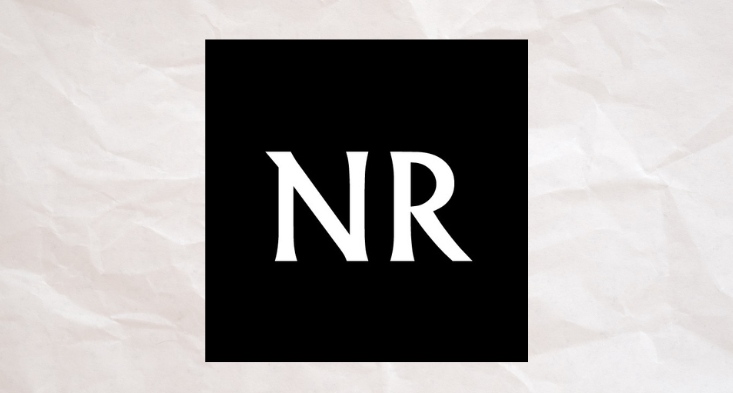Authoritarians Next Door

Writing in the National Review, VOC’s Hernán Alberro explores the strategic need for the United States and the rest of the democratic world to pay more attention to Latin America — as China, Russia, and Iran continue to maintain an interest in the region.
As Hernan writes, “Two significant events took place in Washington, D.C., during the first half of July: the NATO Summit and Captive Nations Week. Both addressed Russia’s invasion of Ukraine and how Putin, China, Iran, and North Korea are pushing for a multipolar world order. Understandably, all eyes were focused east. But there are good reasons for the United States to also pay attention to its own neighborhood. After all, if Russia, Iran, and China are focusing on the Western Hemisphere, so should we.
Two years after Russia’s full-scale invasion of Ukraine, Putin has launched a renewed Latin American influence campaign. As Iria Puyosa, a senior researcher at the Atlantic Council, clearly summarizes, “Russia intervenes in Latin America by supporting non-democratic leftist governments and fostering alliances with the most radical political sectors of the continent. Above all, Putin’s regime seeks to align the political interests and conflicts of the region’s countries with its narrative of a multipolar world, which means the consecration of Russia, a markedly illiberal regime, as the undisputed leader of international geopolitics.”
In conjunction with this diplomatic effort, the Kremlin’s propaganda arm is pushing a narrative of Washington as the main cause of every problem in Latin America — and it’s working.
Countries like Cuba, with historical ties to Moscow, Venezuela, which receives significant Russian oil investments, and Nicaragua are strategic allies of Putin both militarily and in the propagation of Russia’s preferred narratives. A new report by the Center for Strategic and International Studies warns that the Kremlin’s positioning of ships and submarines in the Caribbean should be seen as a “calculated response to the recent announcement by NATO countries that Ukraine can use Western military weaponry to attack targets on Russian soil.”
At the same time, Russia’s most important ally, China, has become South America’s top trading partner, a major source of foreign direct investment, and a key lender for regional energy and infrastructure projects. China has significant investments in Latin America’s space sector and is actively strengthening military ties with many countries in the region, especially Venezuela. Evan Ellis, a research professor at the U.S. Army War College, notes that these Chinese–Latin American partnerships are shoring up the authoritarian governments in the Western Hemisphere, where Bejing has become a “willing partner” in efforts to sow instability in Washington’s backyard.
Hernán Alberro is the Latin America Program Manager at the Victims of Communism Memorial Foundation.

